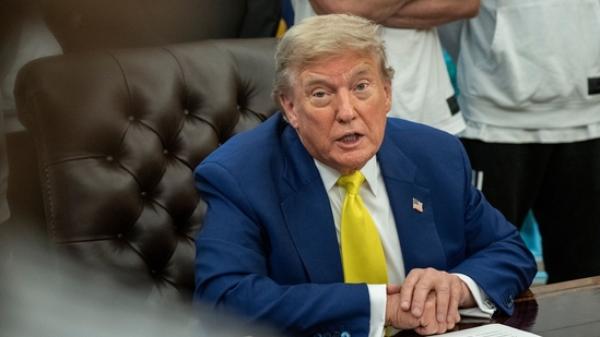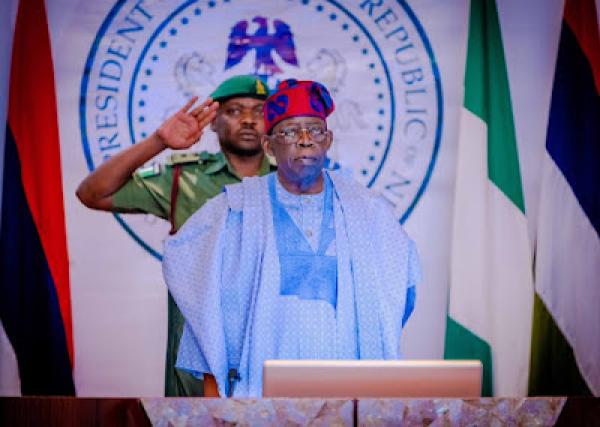
US President Donald Trump has announced that he will decide within the next two weeks whether the United States will join Israel in its military strikes against Iran. The president cited the possibility of diplomatic negotiations with Tehran as the reason for delaying immediate military action.
In a statement read by White House Press Secretary Karoline Leavitt, Trump acknowledged there was still a “substantial” chance for talks aimed at ending the ongoing conflict. “Based on the fact that there’s a substantial chance of negotiations that may or may not take place with Iran in the near future, I will make my decision whether or not to go within the next two weeks,” the statement read.
The announcement follows intense speculation about Washington’s potential military involvement after Israel launched strikes on Iranian nuclear and military facilities last week. Leavitt said the president’s decision was not a delay, but a strategic pause to allow diplomacy to work. “If there’s a chance for diplomacy, the president’s always going to grab it, but he’s not afraid to use strength as well,” she told reporters.
Leavitt also issued a stark warning about Iran’s nuclear capabilities, claiming Tehran could produce a nuclear weapon within “a couple of weeks” if it chose to. Iran has repeatedly denied it is seeking nuclear weapons, asserting its program is strictly for peaceful purposes.
Tensions have been escalating between Tehran and Washington, even as both sides reportedly maintain indirect communication. Leavitt confirmed ongoing “correspondence” since the Israeli strikes but said there were no plans for Trump’s special envoy Steve Witkoff to attend upcoming talks in Geneva between European diplomats and Iran’s foreign minister.
President Trump, who has met with his national security team daily this week, will continue consultations until his departure for a NATO summit in the Netherlands on Monday, June 23. This marks the third consecutive day of high-level meetings in the White House Situation Room.
Trump previously claimed Iran had requested to send officials to the White House for negotiations — a claim Tehran has denied. His administration’s stance on Iran remains sharply divided, with some of his key political allies opposing military involvement. Prominent figures from his “Make America Great Again” movement, including former adviser Steve Bannon and commentator Tucker Carlson, have voiced strong opposition to strikes on Iran.
Trump’s promise to end “forever wars” in the Middle East was a key theme in his 2016 and 2024 election campaigns. Yet his recent rhetoric suggests he is open to military action if diplomacy fails. The White House has urged Americans to place their confidence in the president's judgment. “Trust in President Trump. President Trump has incredible instincts,” Leavitt said.
The president’s final decision is expected by early July, a move that could significantly impact the course of Middle East geopolitics and US foreign policy.






















